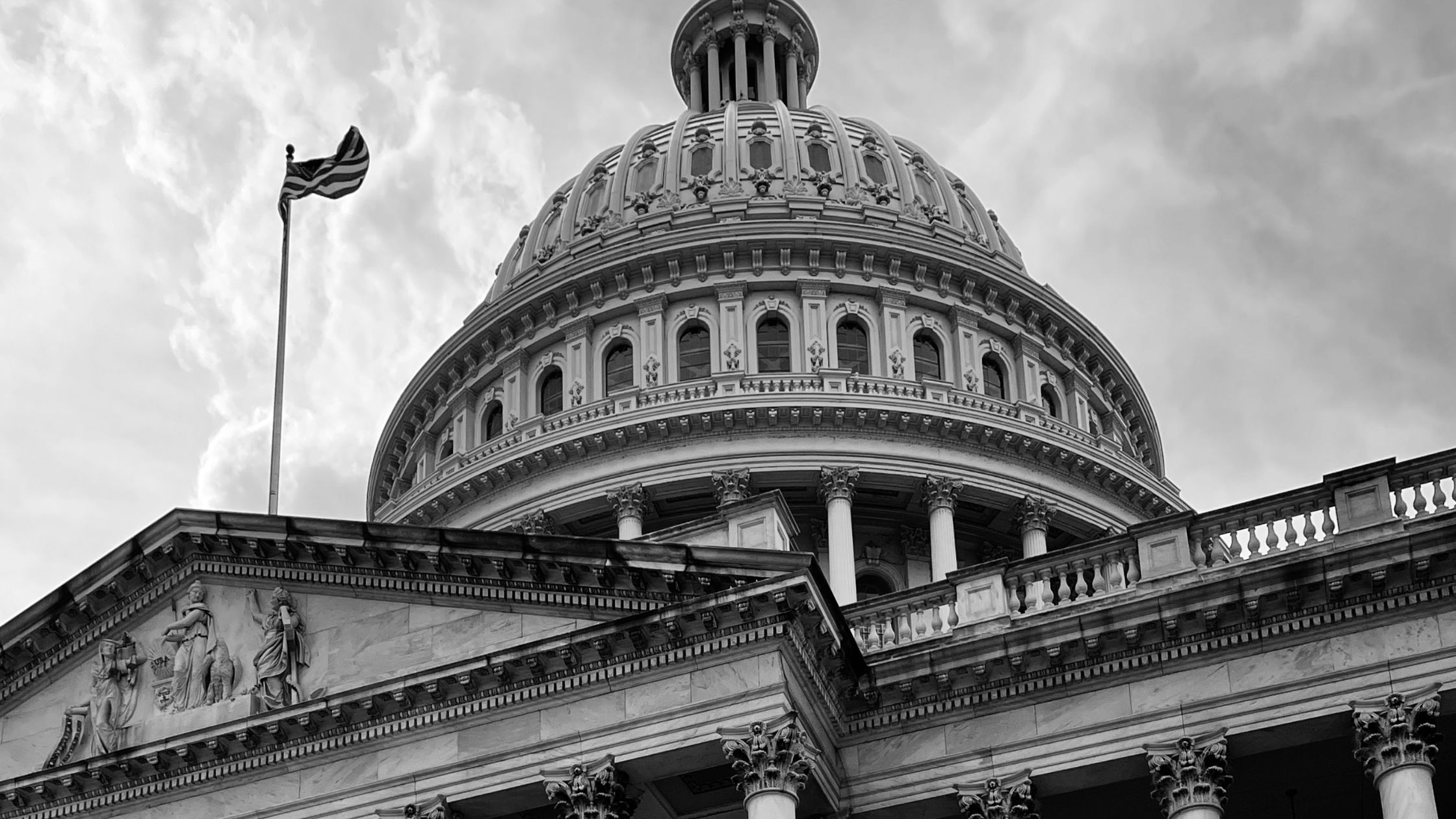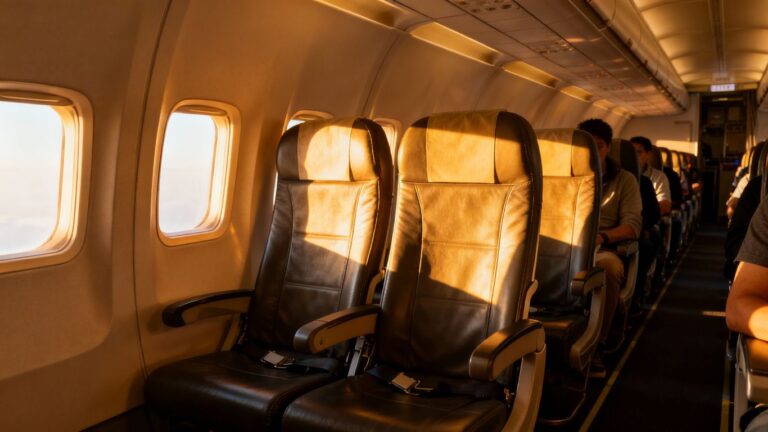
Airlines, including major carriers like United, American, and Southwest, along with aerospace giants Boeing and Airbus, have voiced strong opposition to proposed credit card legislation.
They warn that the bill, aimed at increasing competition and reducing swipe fees, could significantly harm the aviation industry by jeopardizing lucrative airline loyalty programs and the associated frequent-flier rewards.
Key Takeaways
- Proposed credit card legislation could lead to the end of airline loyalty programs and frequent-flier rewards.
- Airlines argue that co-branded credit cards are a significant revenue stream and a vital tool for customer engagement.
- The legislation, supported by retailers, faces backlash from financial institutions and has raised concerns among airline employees.
The Legislation’s Aim
The legislation in question, an amendment to the crypto-focused GENIUS Act, is championed by Senators Roger Marshall and Dick Durbin. Its primary objective is to foster greater competition among credit card providers and, consequently, lower the “swipe fees” that merchants pay. Retail groups, such as the National Retail Federation, have lent their support to this initiative, anticipating substantial annual savings for businesses and consumers.
Airlines’ Concerns Over Loyalty Programs
Airlines, however, contend that the proposed changes pose a direct threat to their highly valued loyalty programs. These programs, often facilitated through co-branded credit cards, are a substantial source of revenue and a critical component of customer retention. According to research cited by Airlines for America, over 31 million Americans participate in airline travel reward cards, contributing approximately $25 billion to the economy in 2023. Furthermore, a significant 57% of all frequent flyer miles or points issued last year were generated through the use of these credit cards.
Potential Economic Repercussions
The letter sent to senators highlights that consumers value these rewards as they offer benefits on spending they would undertake regardless. A disruption to these programs, the letter warns, could lead to airlines ceasing to offer rewards credit cards altogether. This potential shift could result in fewer flights and a “contraction in airline activity and jobs,” impacting not only airline employees but also complicating future labor negotiations and potentially reducing airlines’ capacity to invest in new aircraft.
Broader Industry Impact
Beyond the direct impact on loyalty programs, the legislation’s potential to reduce airline revenue raises concerns about the industry’s overall financial health. While proponents like Senator Durbin estimate annual savings of $15 billion for merchants and consumers, the airline industry argues that the economic fallout from diminished loyalty programs and reduced investment could be far more substantial.







